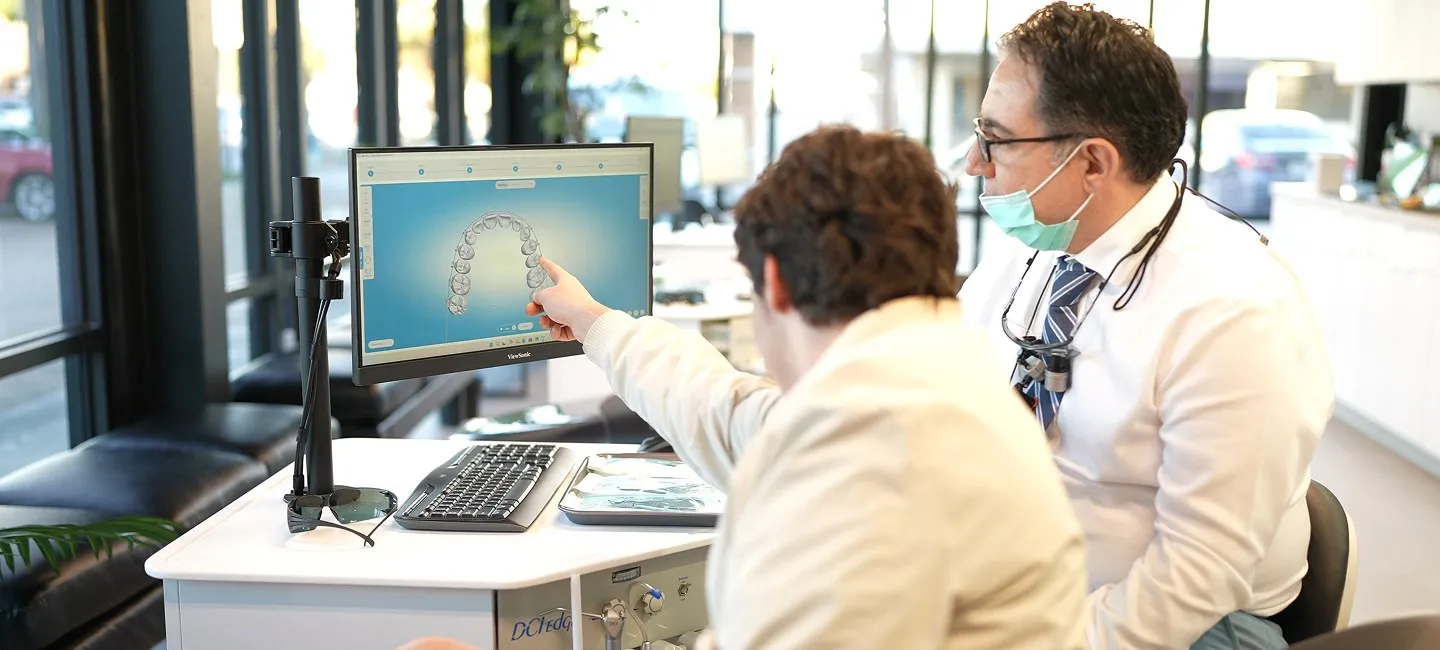Orthodontics
Leading The Way in Orthodontic Care

Innovation in Every Option
From early intervention to complex corrections, our treatments combine leading-edge technology with expert planning to deliver efficient, customized care at every stage.
Braces
Our modern braces use advanced materials and techniques to deliver efficient, reliable alignment with outstanding precision and control.


Invisalign
Custom-designed for comfort and discretion, clear aligners like Invisalign offer a flexible, nearly invisible way to achieve a healthy, confident smile.
Specialized Care
We offer expert solutions for airway health, jaw alignment, and complex cases using advanced techniques for comprehensive care.
- Hybrid Orthodontic Treatment
- Orthognathic Surgery
- Non-Surgical Orthodontic Treatments
- Sleep-Related Breathing Disorders & Airway Issues
- Cosmetic Procedures
- Retainers
- Mini-Implant Assisted (MIA) Orthodontics
- MARPE
- Temporomandibular Disorders (TMD)
- Accelerated Orthodontics
